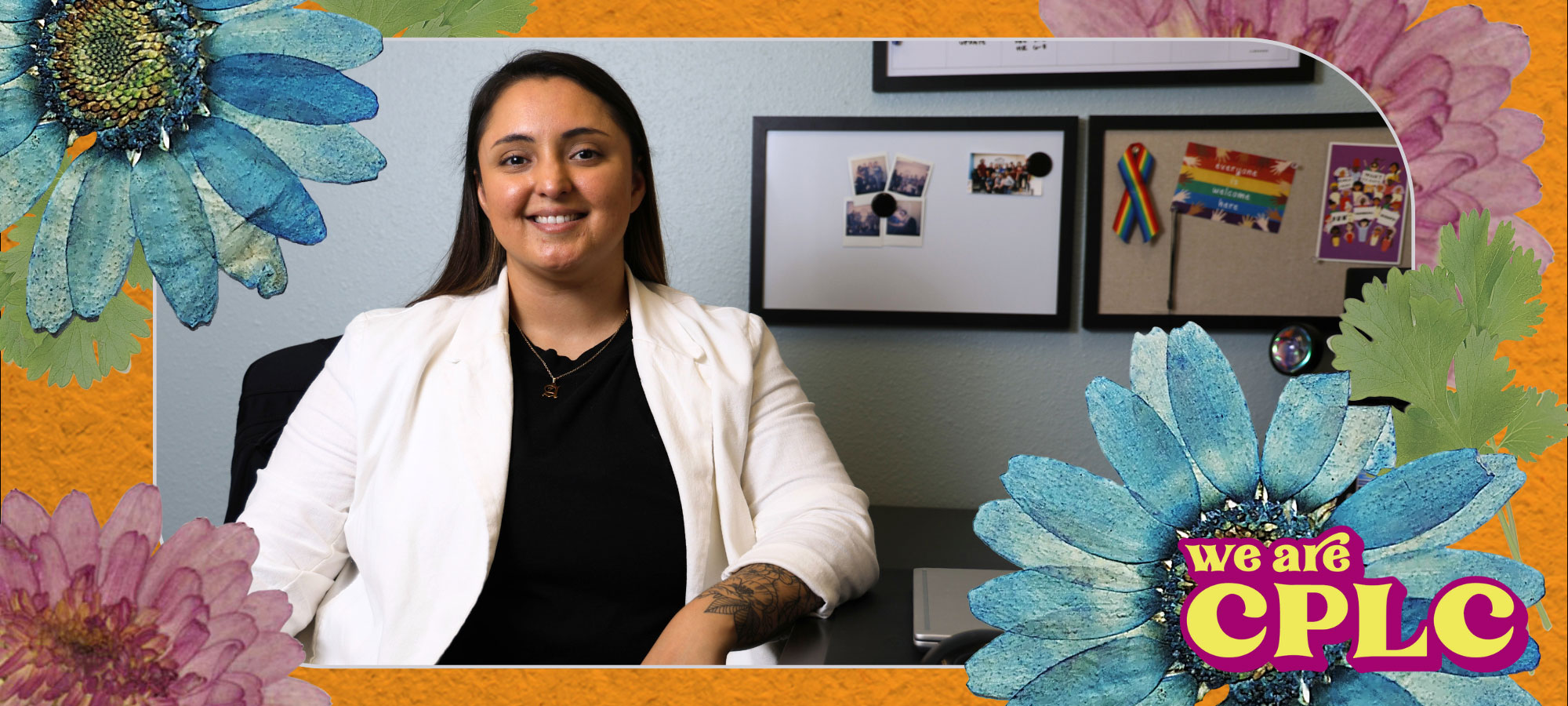
Lead Medical Case Manager, LUCES
2023-09-21
This blog is part of our “We Are CPLC” series of letters from CPLC staff. We hope you are inspired by these stories of our community by our familia. When you donate to CPLC, you directly support their work.
There’s no sacrifice I wouldn’t make for my family. It’s a lesson I learned from my mom.
Immigrating to the US, learning English, and raising two children was enough of a struggle. But she wanted more for us. So my mom enrolled in college while we were kids and after ten years, earned her bachelor’s degree, setting an example we all would follow.
Naturally, when she lost her mother, I sacrificed my college plans to take care of her.
My name is Anahi Barraza, and I am the Lead Medical Case Manager at CPLC LUCES, or Latinos Unidos Contra el SIDA (Latinos United Against AIDS).
Many people remember their college years with nostalgia. But for me, college was a tumultuous time.
I faced racism from roommates. I lost my grandmother. And I watched my mom slowly become a shell of the strong woman who raised me.
I needed to be there for my family, so I decided to put everything on hold.
This was a difficult decision because I love school, and I longed to be back in the classroom. I was afraid I might never get the chance to finish my degree.
As I was losing hope, my mom’s strength was growing. She reminded me of how she overcame her own struggle.
If she could do it, so could I.
But when it was time to return to school, no one wanted to rent a short lease to a college student who only had one semester left in town.
So that’s how I ended up living out of my car for four months.
On the harsh, snowy nights, as I struggled to stay warm, the only thing that kept me going was that lesson from my mom—that the sacrifice would be worth it in the end. And though I hope I never have to live through that again, that experience taught me valuable lessons that have helped me connect with some of the patients I work with today.
Patients like Leo.
I met Leo when I was assigned to accompany him to his first appointment after his HIV diagnosis. First appointments are usually difficult, but Leo was particularly shy. He looked like he hadn’t eaten in a while and sat hunched over—his silent stare reminded me of my mom at her lowest point.
I kept trying to connect. Slowly, he opened up.
I found out he was experiencing homelessness, so it was hard for him to trust people. He’d lost hope.
But I told him he was not alone.
After that day, I called him every month to check in and confirm he was getting his medical treatment. I reassured him he would still live a healthy and happy life. Even with HIV.
Over time, I began to see a change in him.
Leo realized I genuinely cared about him and wanted him to succeed. He soon completed rehabilitation, found a job, and even got an apartment. With each phone call, he was more energetic and talkative. When I saw him in person, I realized how tall he was now that he stood up straight and saw he had put on healthy weight. He was full of life.
Like other patients I’ve worked with, his entire personality changed.
Each day, I get to help people in our community, changing the perspective of one stubborn, older Latino man who refuses to get tested for HIV/AIDS because, in his own words, he is “not gay,” so he “can’t get AIDS.”
Or working with the outspoken señora with HIV in one of our women’s mental health groups, whose passion reminds me of my mom.
I’ve learned life never goes the way you planned. But that’s OK.
Whether it’s dropping out of college to support your family or learning to manage an HIV diagnosis, compassion helps us overcome each challenge together.
For more information about this program, please visit https://cplc.org/hhs/hiv.php.
Sincerely,
